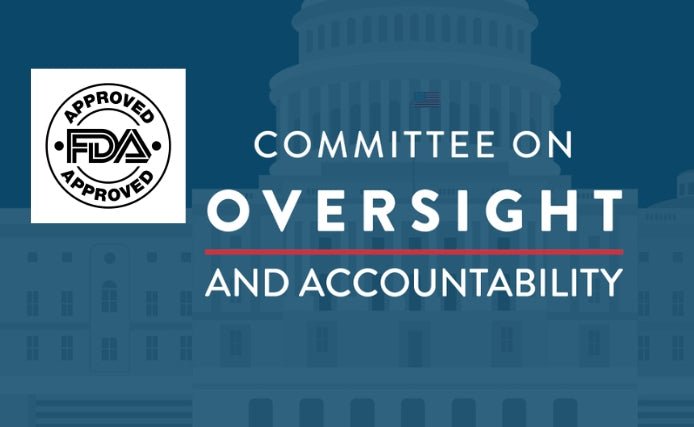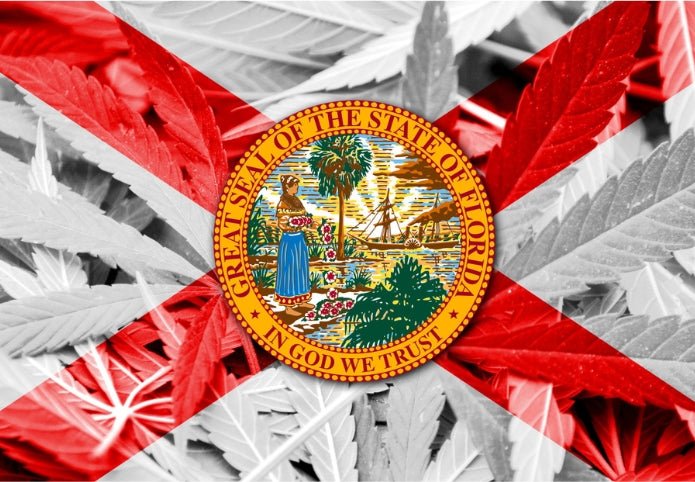Lawmakers are establishing new restrictions to bring the predominantly unregulated market under control.

The issue of curtailing the out-of-control spread of potentially dangerous items containing unregulated hemp-based cannabinoids, like the infamous delta-8 and delta-10 THC, has come to a head in New York. As first reported by MJ Biz Daily, the Empire State is the latest to enforce new limits on THC levels in products containing any of the wide range of hemp-derived variants.
The controversy over what to do with hemp and its over 100 cannabinoids has been brewing since the passage of the 2018 Farm Bill, which removed hemp from the Controlled Substances List and made it legal to cultivate hemp and manufacture and sell hemp-derived products.
That one simple and largely unreported act set off a chain of events over the ensuing years culminating in several cases of underage minors falling ill after consuming edible products containing delta-8 THC, and in one notorious case in Virginia, a toddler actually died after consuming his mother's gummies infused with delta-8 THC.
Delta-8 occurs naturally in hemp and has much milder intoxicating effects than its better-known cousin, delta-9, which most people associate with the "high" of smoking or ingesting cannabis products.
Because delta-8 technically derives from the hemp plant, multiple courts have ruled that manufacturing and selling items containing it is legal under the Farm Bill's provisions. As a result, several enterprising hemp industry entrepreneurs began manufacturing and marketing products containing the isomer.
Results like the devastating tragedy in Virginia prompted several states to take matters into their own legislative hands. As a result, several states began to pass legislation severely restricting and, in many cases banning the politically toxic THC variant. This year alone, states, including Connecticut, Arkansas, Tennessee, New Jersey, and Utah, passed sweeping measures to control the spread and influence of hemp-derived cannabinoids.
Similar to regulations enacted in states like those listed above, New York state cannabis regulators will set new limits on the level of THC permitted in items containing the potentially intoxicating hemp-based variants. In addition, under emergency regulations approved on Wednesday, they will also impose a new minimum ratio of CBD to THC.
According to rules forwarded to the Department of State that could become law within as little as 60 days, edible products will require at least a 15 to 1 ratio of CBD to THC moving forward. Likewise, items containing hemp-derived cannabinoids will be limited to 10 milligrams of THC per package and one milligram per serving. The new rules will also forbid retailers from selling any product containing more than 0.5 milligrams of THC to anyone under 21.
This response to the proliferation of unregulated hemp-based edible items is understandable and, in some cases, highly warranted. However, hemp industry advocates and stakeholders worry that the overly panicked response could do more harm than good in the long run.
Much of the problem stems from the manufacture and use of synthetically-derived forms of delta-8 THC and other hemp variants. As mentioned earlier, delta-8 THC does occur naturally in hemp but in tiny amounts and with extremely mild intoxicating effects. However, a synthetic process involving hemp-derived CBD can create a much more potent and potentially dangerous form of delta-8.
Hemp proponents argue that legislators and regulators should focus on the dubious and unscrupulous manufacturers producing this volatile and unsafe form of delta-8 rather than punish an industry mostly comprised of law-abiding and hard-working small business entrepreneurs.
As attorney Sanford Stein of cannabislaw.com eloquently explains, "If done right, that is a good and mature approach to laws and regulations. In the cannabis industry, however, anything that looks like a 'workaround' – and (synthetic) d-8 is just that – taking an obscure and not well-understood provision of the law and driving a truck through it poisons an otherwise measured and reassuring approach to CBD use."
"If done right, that is a good and mature approach to laws and regulations. In the cannabis industry, however, anything that looks like a 'workaround' – and (synthetic) d-8 is just that – taking an obscure and not well-understood provision of the law and driving a truck through it poisons an otherwise measured and reassuring approach to CBD use."
- Sanford Stein of Cannabislaw.com
No one argues that establishing reasonable regulations and setting "common sense" limits on THC levels and package and serving sizes is wrong. However, overregulation and punitive guidelines will only weaken an already tenuous and still young hemp sector struggling to weather a post-pandemic contraction.
As the American economy struggles with inflation, bank failures, and a job market rife with new challenges ranging from artificial intelligence to wage concerns, it needs as many new and innovative industries as possible. Making smart choices on carefully and positively nurturing hemp and its derivatives is as essential as ensuring consumer confidence and safety concerning the myriad of high-quality products created through the magical flower.








































